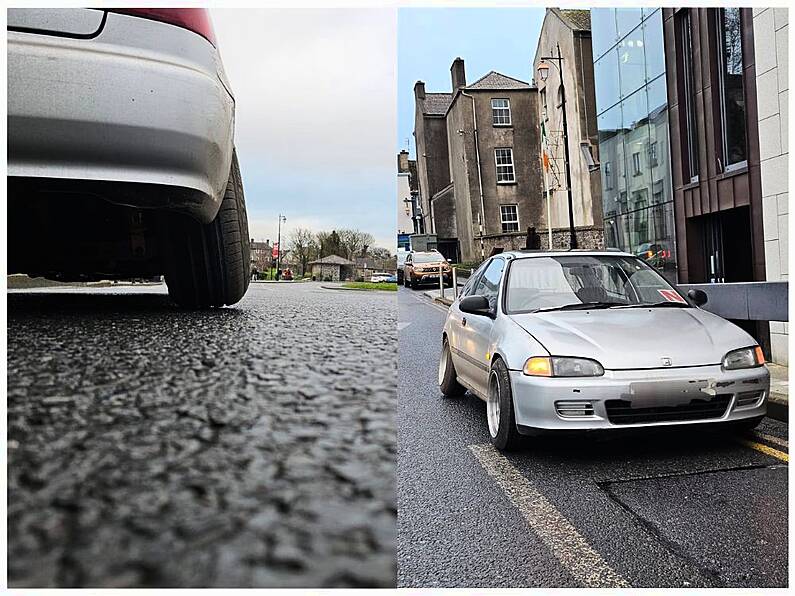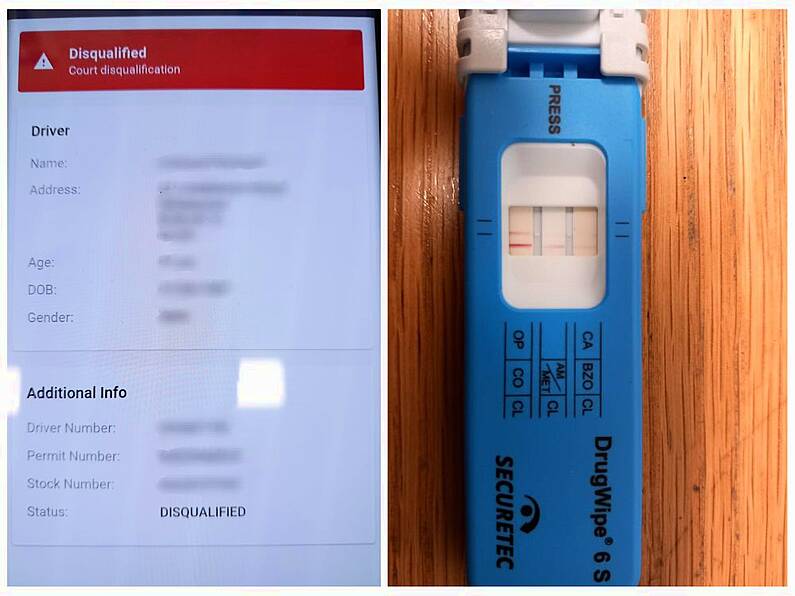Ireland's attitudes towards immigration and refugees remain largely positive despite some recent declines, according to research from the Economic and Social Research Institute (ESRI).
They found that attitudes in Ireland towards refugees and immigration remain largely positive, compared with previous data on attitudes in Ireland and compared with other European countries.
However, the research also found that some attitudes became less positive in the last six months of 2023 in particular and that attitudes are more positive towards some groups than others.
There has also been an increase in the proportion of people who feel immigration is one of the top two issues facing Ireland today.
The report was published as part of a joint research programme on integration and equality between the ESRI and the Department of Children, Equality, Disability, and Youth.
Using high-quality representative European survey data, the report examines attitudes towards immigration over the past 20 years and from a comparative perspective.
Using a large representative survey of 3,008 adults in Ireland in 2023, it also examines what factors are associated with more or less positive attitudes and comfort levels with different migrant groups.
Over the last decade, Irish positivity towards immigration has significantly increased.
In 2022, beliefs that immigrants make the country a better place to live, that immigrants enrich the country’s cultural life, and that immigration is good for the economy were at a historic high, based on data going back to 2002, having improved significantly from dips during the recession.
However, in recent years, there have been declines in some indicators: positivity towards immigration from EU countries was 10 percentage points lower in 2023 than in 2020 (albeit still higher than 2014-2016).
Several attitudes declined, especially between June and November 2023, including people’s positivity towards non-EU immigration and people feeling immigrants contribute a lot to Ireland.
These declines in Ireland mirrored similar declines in average attitudes across the EU27.
There was a sharp and substantial rise in the salience or importance of migration to respondents in Ireland, measured by the proportion of people who say immigration is one of the top two most important issues facing Ireland: from 3 per cent in July 2022 to 14 per cent in June 2023 and November 2023.
Important issues
This compares to 56 per cent of people who say housing is one of the two most important issues facing Ireland.
Despite very recent declines in support for immigration, in November 2023, Ireland had some of the most positive attitudes towards immigration of all EU27 countries – ranked fourth most supportive of immigration among EU27 countries and the UK.
The study found that, according to an Irish survey from March/April 2023, people in Ireland are more positive about immigration from other EU member states and Ukraine (85 per cent very positive/fairly positive) than immigration from outside the EU/Ukraine (73 per cent).
The research also found that people in Ireland are more supportive of helping Ukrainian refugees (87 per cent) than asylum seekers (76 per cent).
People in Ireland are also more comfortable having European migrants in their everyday lives (as neighbours, in their child’s class in school, or in a romantic relationship with their child).
Living in private rented accommodation is associated with more positive attitudes to immigrants and immigration, compared to living in owner-occupied accommodation.
A survey experiment also showed that those who identify as politically left-wing are more positive on some indicators, which may indicate the emergence of a left-right split in attitudes to immigrants in Ireland.
People’s perceptions of the past and future are also associated with their immigration attitudes.
Those who feel that their quality of life was better in the past or who have less confidence in the future are less positive about immigration overall and feel less comfortable with migrants in their everyday lives, especially with asylum seekers.
People concerned about access to housing and access to services are also somewhat less positive towards immigration than people concerned about racism, climate change, or poverty in Ireland.
Kenneth Fox
Keep up to date with all the latest news on our website Beat102103.com.






